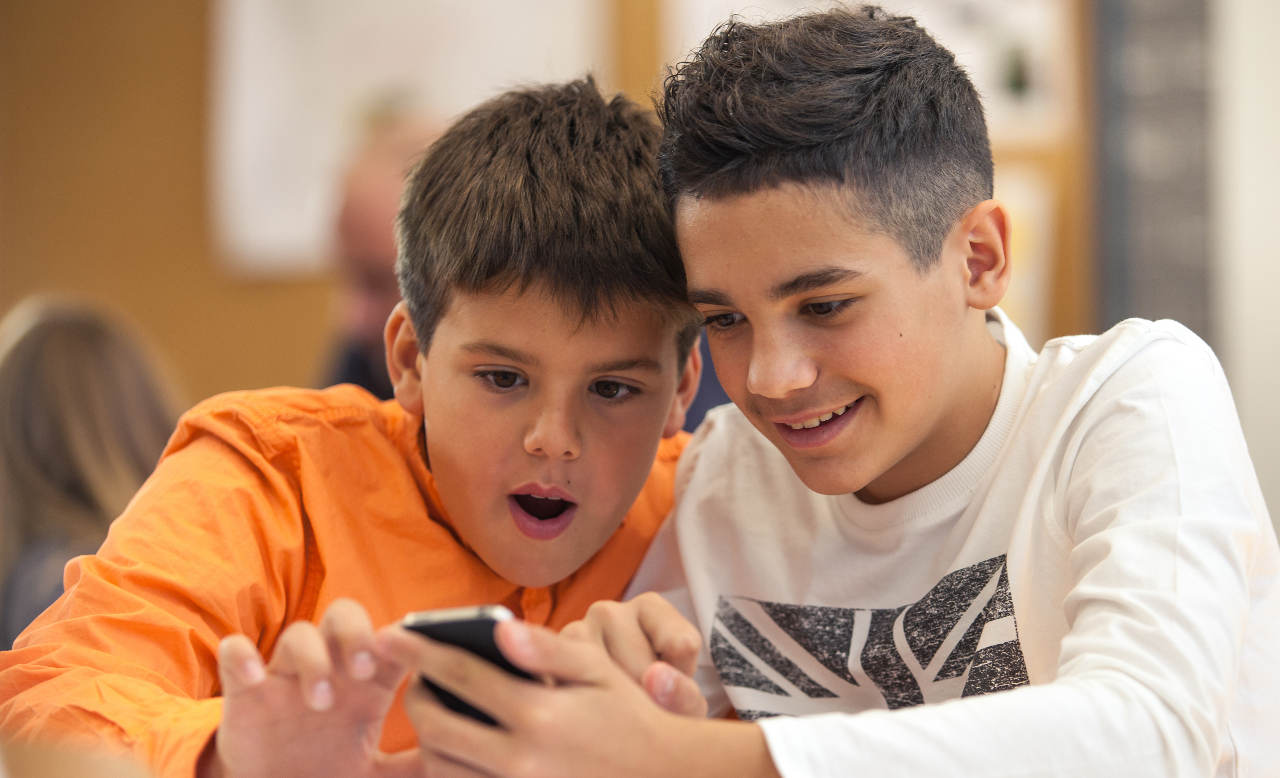Reinventing Summer Camp During COVID-19
How summer camps are replacing their traditional programs with virtual, hands-on experiences and physical activities.

Tools and ideas to transform education. Sign up below.
You are now subscribed
Your newsletter sign-up was successful
According to the American Camp Association (ACA), there are more than 5,000 day camps and 7,000 overnight camps across the country. In addition, there are additional church- and school-based summer camps. Many of the overnight camps have closed this summer even though the CDC has recommended guidelines for the safe operation of camps and the ACA created a special operations guide for Summer 2020.
Rules and guidelines for summer camps vary by state. For example, the states of New York, New Jersey, Connecticut, and Oregon have banned overnight camps this summer. The few overnight camps that have chosen to open, such as Camp Winnebago in Maine, have put rigid guidelines in place. Campers and staffers must be tested for COVID-19 prior to camp and then they become a “sealed bubble” for the duration of the one- or two-week session.
Many more children participate in local day camps during the summer rather than go to an overnight camp. For the most part, summer day camp programs that are sponsored by school districts, such as the two programs offered by Yukon (OK) Public Schools, are not available this summer as the school buildings have been closed for four months. A similar situation in Chicago Public Schools, where various groups usually rent school buildings during the summer for their camp programs, is also experiencing a similar situation.
Day camp providers who are offering in-person day camp this summer plan to have smaller groups, physical distancing, and lots of hygiene opportunities. “I don’t believe they will be 100% infection-free,” says Dr. David Cennimo, an infectious disease expert at Rutgers New Jersey Medical School. “In some ways the day camp scenario is kind of a dry run for school. And if we’re not able to pull off day camps, I don’t know how we open schools.”
Shifting to a Virtual Camp Model
Many organizations that usually host in-person day camp have shifted to virtual models. Some, such as the Chicago Metro YMCA, offer both in-person traditional day camps and online specialty camps. Recognizing that most students spent the last three months of this school year on their computers, virtual summer camp providers are mixing it up with exploratory, hands-on inquiry-based learning, arts exploration, physical activity, and interactive group activities.
The National Inventors Hall of Fame has transformed its leading summer STEM camp, Camp Invention, into a new program called Camp Invention Connect. This new at-home program balances active, independent hands-on exploration with opportunities for socialization from home, including:
- STEM activity kits packed full of fun materials are shipped directly to each participant.
- Daily challenges motivate kids to go outdoors, get active, and stretch their imaginations.
- Kids choose a screen-free, self-led experience, or connect with local educators and fellow campers for online collaboration sessions.
The importance of hands-on innovation and invention is emphasized in the group’s new video by Frances Ligler, a 2017 National Inventors’ Hall of Fame inductee. “Invention can be a habit," Ligler says. “You learn to create new things. You may never stop.”
Tools and ideas to transform education. Sign up below.
Staying mindful that virtual summer camp needs to be more than passive participation, the Chicago YMCA Specialty Online camps curriculum has been developed by educators and focuses on STEAM and social-emotional learning.
- Kits are delivered to the home.
- Live remote instruction is included.
- Sessions run 2½ to 3 hours depending on the camp specialty and child’s age.
- New camps begin each week throughout the summer.
- Topics include animals, creative arts, science, coding, cooking, and improv.
Other virtual camps offer fun and educational experiences for students at home. Camp PBS Kids and Nat Geo Family Camp are good examples. And Camp SuperNow offers virtual “cabins” of 6 to 8 kids for daily crafts, games, field trips, and more.
Home-Hosted Virtual Summer Camps
Some parents want a more home-grown approach to the summer camp experience for their children this year. Many child-focused organizations like the Connecticut Medical Children’s Hospital offer suggestions and resources for summer camp alternatives at home, such as stay-at-home sleepaway camp, geocaching, at-home science exploration, virtual tours of art museums around the world, outdoor picnics, and hikes.
The National PTA also provides a list of virtual camps and options for parents who want to DIY summer camp alternatives for their kids.
No matter how children attend camp this summer, the ACA reminds us that a good camp experience allows children to learn powerful lessons in community, character-building, skill development, and healthy living.
Annie Galvin Teich has more than 25 years' experience in education writing and publishing. She is an edtech industry expert in content marketing and copywriting. As a regular contributor to Tech & Learning she focuses on the information needs of district decision makers.
